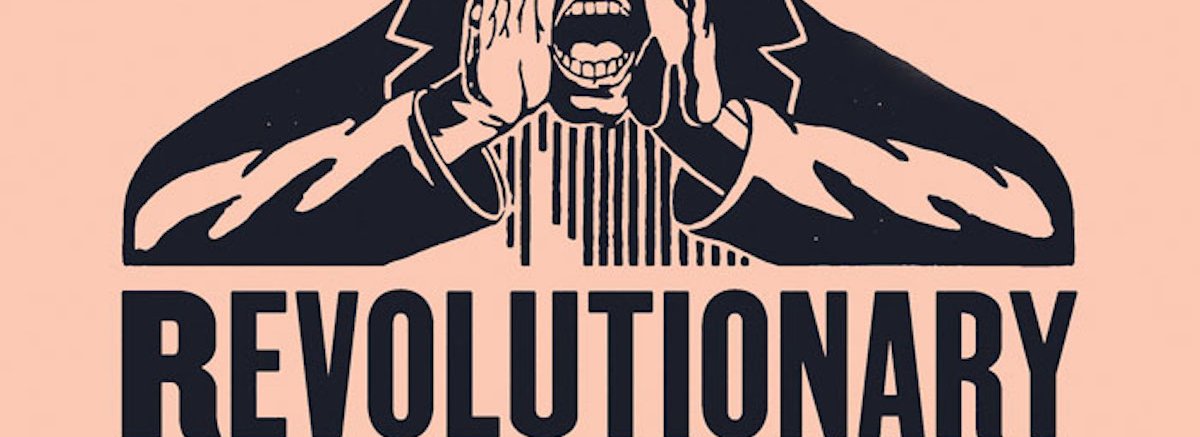| 5 mins read
This is a fascinating study chronicling the role of radical Jews from Yiddishland (not a country but a huge linguistic region) in the struggle for a better world. It takes us first from Tsarist Russia to Romania, Poland and Hungary, then sheds new light on the anti-fascist fronts in Spain and Vichy France.
By covering over a century of radical activism, the authors convincingly challenge the widespread view of Yiddishland's Jews as meek, pious and unworldly folk, eventually all ‘going like sheep to the slaughter’.
Brossart and Klingberg do so by tracing the active role played by two Jewish-socialist movements, the Jewish Labour Bund and of Poalei Zion (Workers of Zion), as well as by Jewish communists. Their book is an ode to the Jews who fought, suffered and often died for economic justice, political equality, the rights of others and, ultimately, to defeat a genocidal foe.
Unlike the Bolsheviks, members of the Bund and of Poalei Zion believed in parliamentary democracy, though Poalei Zion also sought a Jewish state in Palestine. With most of Russia's Jews by the 1880s facing destitution, Jewish mass strikes and demonstrations spread. The Bund, founded in 1887, had 30,000 members eight years later, far more than Lenin's Bolsheviks (8,500 in 1905). In fact the Tsarist authorities regarded Jewish working class organisations as the most dangerous.
Being a Jewish radical took courage. Anti-Semitic thugs would break up protests and soldiers fired on strikers. Agitators were executed, radical writers and their printers exiled to Siberia. Jews could not legally carry weapons, but after the 1905 pogrom in Kishinev (then in Bessarabia, now Moldova) Bundists supplied vulnerable Jewish communities with guns and taught them self-defence. The Bund also fostered workers' education through Yiddish-language libraries, lecture events, book clubs and theatres.
The Bolshevik revolution drew many Bundists into the communist camp, keen to aid Russia's development. Its new government at first set up a well-funded department for Jewish education and culture, but in the 1930s its task was changed to Russification. All Yiddish-based institutions were closed, the Jewish department itself was abolished and its staff sent to Siberia or shot. So were the leading Yiddish-language writers.
Lenin had tolerated separate cultural activity by national groups, but Jews, though a recognised nationality, did not have a national territory (the so-called Jewish Autonomous Oblast created in 1934 in a particularly harsh part of the Russian Far East attracted few of them). The Bund and Poalei Zion were banned as separatists.
Worse came. Stalin's 1930s purges saw the killing of many former Yiddishland activists, then followed the deadly 1949 purges of the country's greatest—and by now fully Russified—Jewish writers, poets, scientists and composers. It is a grim story, well told, and marred only by the authors’ bewildering insistence that, nevertheless, ‘at no moment … did Stalinism practise the kind of racial discrimination and repression that the Nazis had made a precept’.
Jews from Yiddishland also played a disproportionately large but little known role in the Spanish and French fight against fascism, both as rank-and-file volunteers and as leaders.
Each proved a new experience for Jewish radicals. They had long diced with death, but finally were part of wider movements, not fighting alone. The authors, though, rightly stress the devastating emotional cost. Most fighters had not only lost comrades but also their families back home.
Going to Israel was meant to be redemptive. Some Yiddishland radicals indeed happily joined the Israeli Labour party and the military. Others, however, were deeply hurt by Israel's failure to acknowledge their bravery (young Israelis would habitually refer to holocaust survivors as ‘soaps’).
Others again remained internationalists. Shocked by their new homeland's brutally unequal treatment of its Palestinian minority, some joined Israel's Jewish-Arab communist party, only to leave again over Soviet crimes.
There is an encouraging postscript to the fighters’ stories. Quite a few of their children or grandchildren are said by the authors to be active in Israeli anti-occupation campaigns or civil rights. This suggests that the radical, left-wing humanism of the Yiddishlanders lives on.
Revolutionary Yiddishland. A History of Jewish Radicalism, by Alain Brossat and Sylvie Klingberg is published by Verso. 304 pp. £16.99.
Need help using Wiley? Click here for help using Wiley

